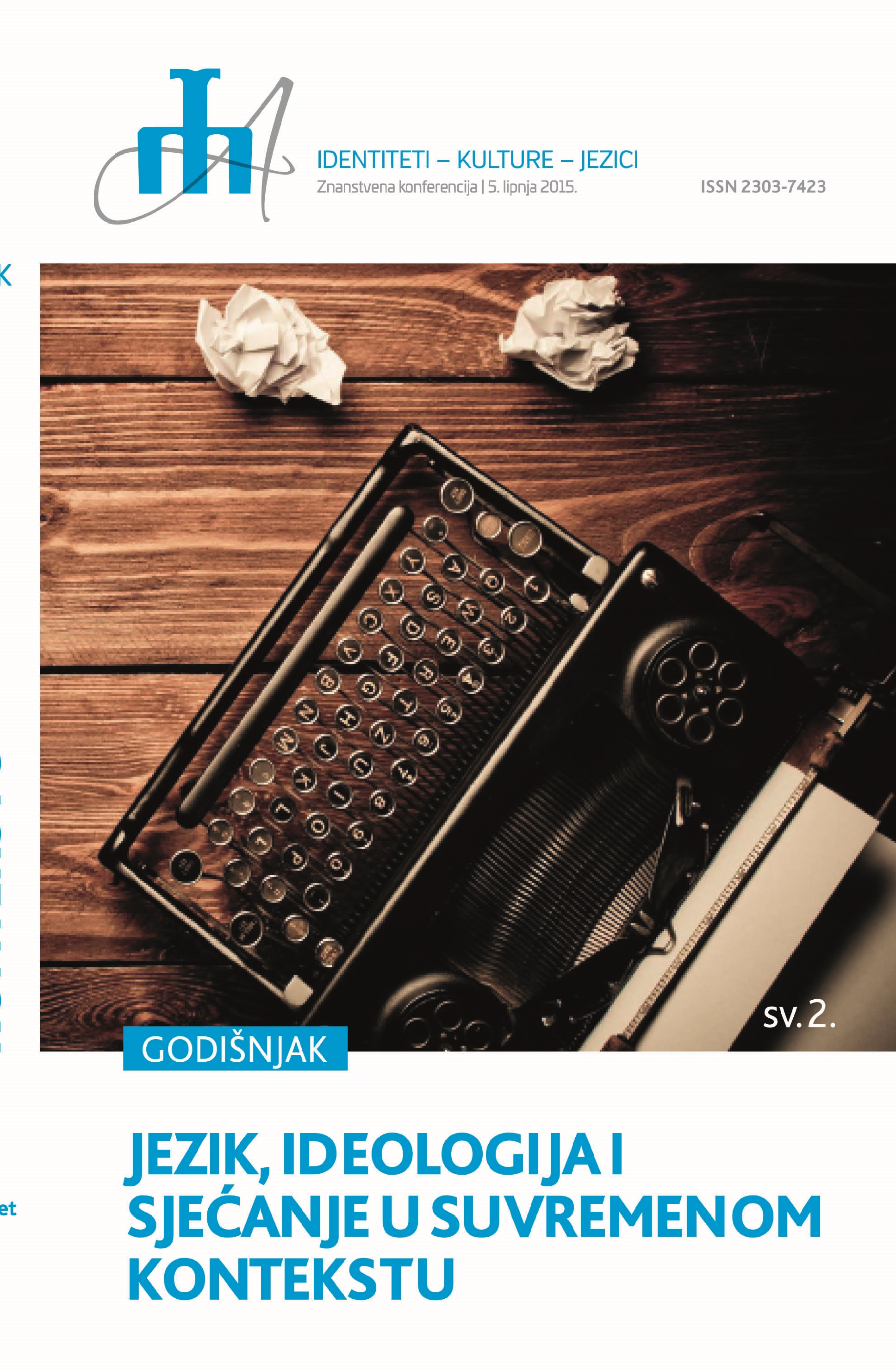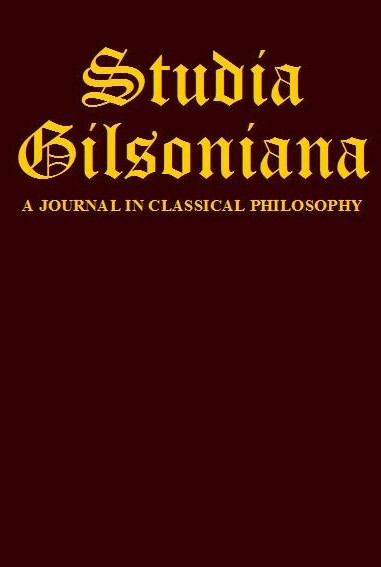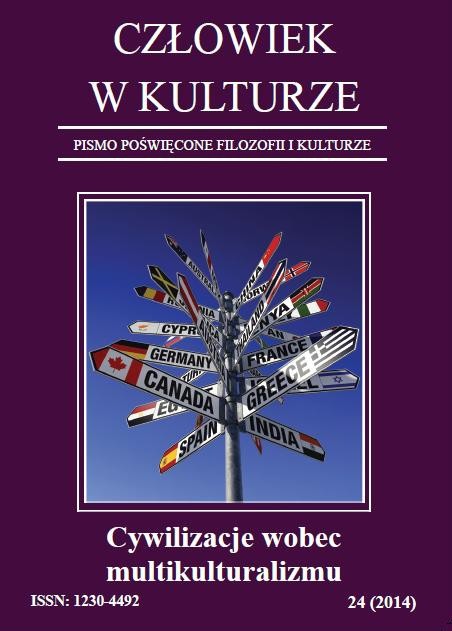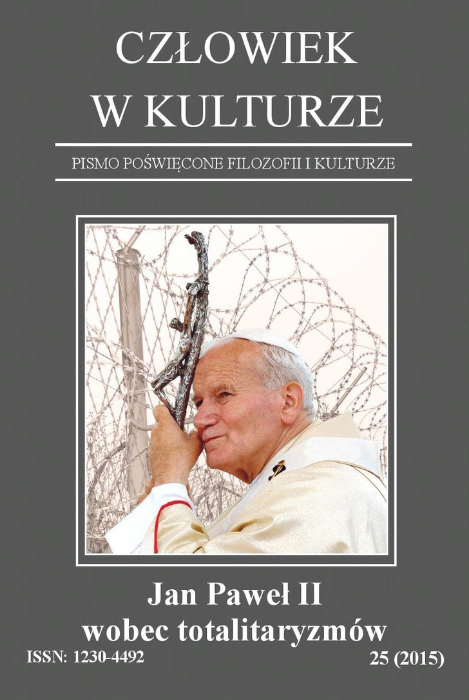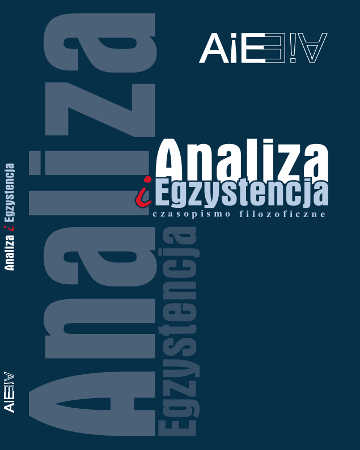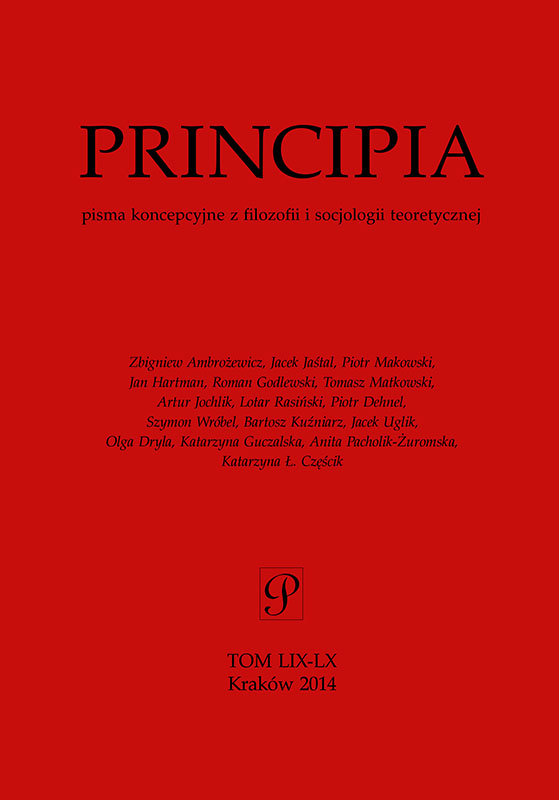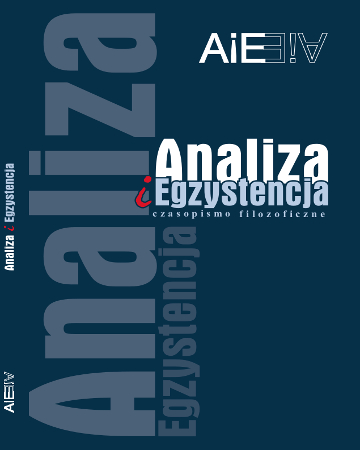Author(s): Waldemar Prusik / Language(s): Polish
Issue: 21/2013
Theory of art as so called the theory of intuition-expression extremely and clearlydemonstrates the way of a mystic experience as a experience of the Absolute. Croce’sconcept of the Absolute is a sign of being spiritual, no diverse in itself, what is morefully given in an emotional (feeling) artistic expression (artwork). Imagination asan appropriate representational power expressively became, in this context, the sphere of the Absolute (indifferent intuition, totality of Being) in which the Absolute realizes – through creation of art – the material world. An artist, because of his creative imagination, appears for Croce as a complete, perfect man and fulfills a creative and demiurge function for the world. According to Kandinsky, inspired by Steiner’s antroposophy, art doesn’t present concrete things but using a maximum simplistic concrete form, expresses and shows things in itself, as an ideal, spiritual, absolute but compared to the world of concretes, the mentioned things are internal, substantial, essential and “abstractive”. Abstraction as a “true reality” demands of giving up the empirical world and looking continuously at the sphere of absolute “necessity”. Art is a specific, inspired knowledge of the Absolute and an abstractartist inspired by this knowledge and expressing it in his artworks must be understoodin a way characteristic of mysticism (an inspired visionary-prophet, perfect man).In Adorno’s aesthetic theory art actualizes the nature in aspect of beauty and thisactualization consists in changing towards the lack of identity. An individual (eachone ) artwork is the “epiphany” of “spirit” of art, that is an aesthetically Absolute.As a result an artwork presents itself as a kind of “mystic event”, but an artist expressingthe sphere of the Absolute still be an inspired visionary going beyond the natural (empirical) order.All of these theories of art are based on the old neoplato-arabian theory of “creativeimagination” which determinates their quasi- or pseudo-mystic aspiration. They are not go beyond tradition, that is “natural mysticism” (characteristic of pantheism).This kind of mysticism differs from revelation mysticism on the grounds of Transcendence (aspect of a object) and classical moment of contemplatio (aspectof a subject).
More...
